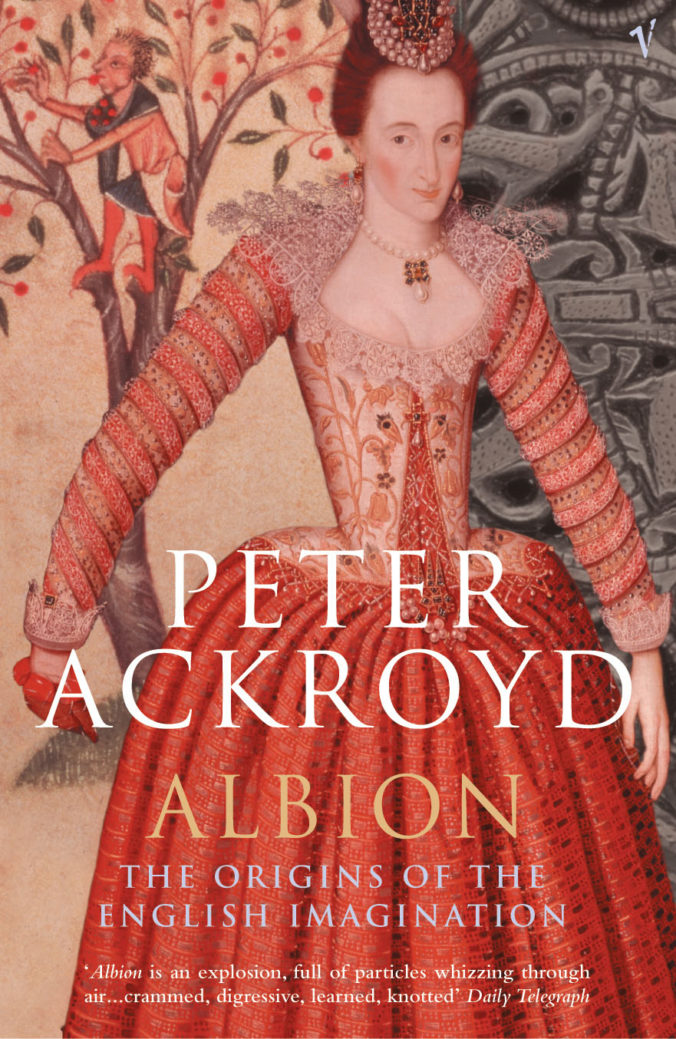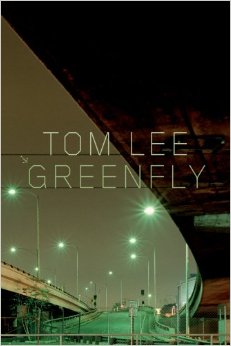(Published in The London Magazine, June/July 2010)
This lively book sets out to restore the importance of silence to our frenetic culture. Although classified as ‘Memoir’ by the publisher it embraces many aspects: autobiography; quest; discussion; history; polemic; confession; travel book. The author has written several novels, short story collections and theological works. She was also editor of the illuminating Very Heaven: Looking Back at the 1960s (1988).
For over twenty years, from the late sixties, Sara Maitland described herself as an ‘Anglo-Catholic socialist feminist’ (she is now a Catholic). She relished her ‘noisy life’ in London but in 2000 decided that a withdrawal from society would allow the expression of a deeper self. She asks why there is ‘a fear of silence’ in our culture and argues that in solitude we gain a sense of inner happiness that is not dependent on commodity culture. She travels to the Sinai Desert to research her premise.
The author is an Oxford-educated, upper-class bohemian: is she following an egocentric hippyish path to enlightenment? David Willetts’ provocative book The Pinch, about ‘the baby boomers’ (those born between 1945-1965) claims that they have ‘concentrated wealth in the hands of their own generation’. A corollary to this is the way in which this privileged group has assumed the right to sample any new experience – LSD, travel, psychotherapy, alternative lifestyles, the search for inner tranquillity – as a norm and a right. The sitcom Absolutely Fabulous illustrates such a way of life.
Maitland is one of those spoilt baby boomers, as I was, but A Book of Silence is far more than mere indulgence. The author is following in a long line of religious thinkers who have written about silence and personal liberation. Before the birth of Buddha, the ancient teaching of the Vigyan Bhairava Tantra Text was advising: ‘Toss attachment for body aside. I am everywhere. One who is everywhere is joyous.’ In 2003 Eckhart Tolle published the best sellerStillness Speaks. Maitland’s study is more exploratory, and original, in its aim to discover the importance of silence in various cultural contexts. The personal candour of the writer is refreshing, about her stay in a mental hospital, the personal changes caused by the menopause, her relation to her children and ex-husband. We side with her against the babble in the world and with her apoplexy that people even cheer at the funerals of heroes and celebrities. The intellectual energy of this study – about myths, hermits, the power ascribed to language – is wide-ranging and impressive.
But the heart of the writing is the search for ‘the bliss of solitude’ She also found that being alone for long periods could be psychologically difficult and the chapter ‘The Dark Side’ is a kind of manual for the negative fears one will come across, and how to defeat them. The underlying thrust of her argument is that ‘the modern boundaried self’ of Western culture is limited until silence is embraced when a radically different self is uncovered: ‘A whole world in and of itself, alongside of, woven within language and culture, but independent of it.’ What does this really mean and how useful is such a dimension for those working full time or bringing up a family? The author is clear about her intention: ‘I want to encode silence, so that out there in all that noise, people can access and love it. I am not sure that this it is possible, but it seems worth a try.’ Conveying the meaning of mysticism is a daunting task and this book is a valiant attempt to do so.
There is no manifest sense of a political perspective in A Book of Silence, which is surprising when the writer has been such an active campaigner on so many issues. Yet, in this exciting work, Sara Maitland remains a sixties girl in spirit as she makes a passionate case for silence.



